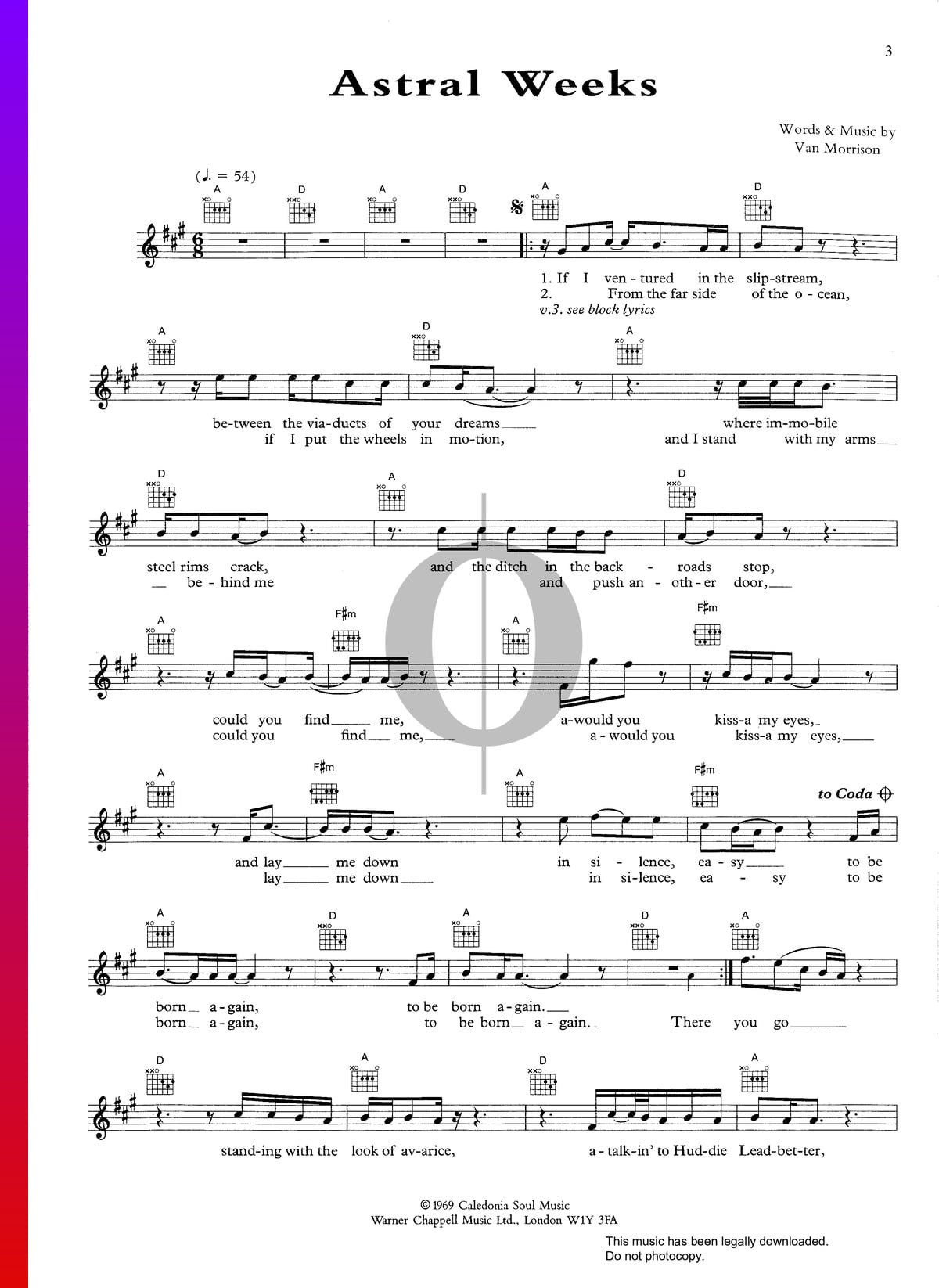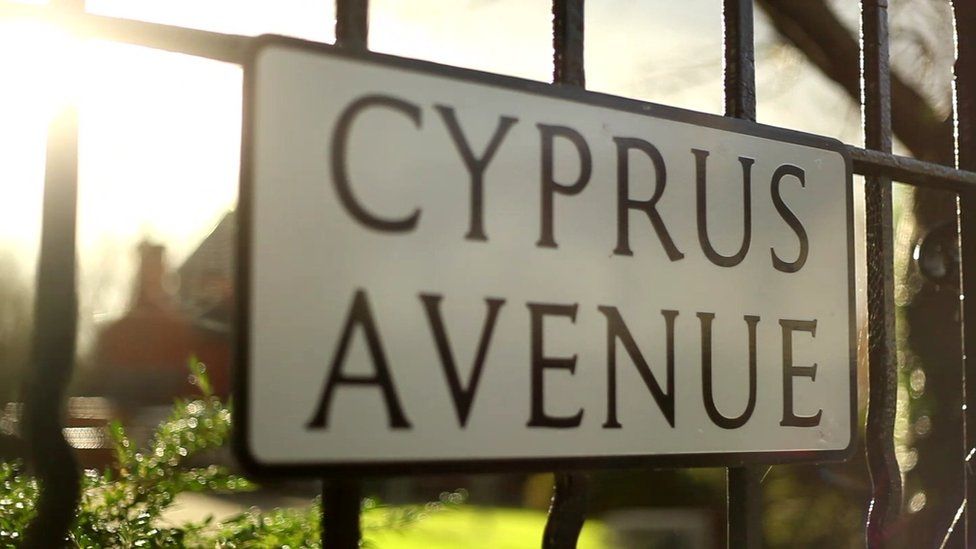
Hell, he had forsaken that music, right when the rest of the world caught up with it.įor as much credit as Bob Dylan and Neil Young get for their anticommercial contrarianism, nobody is more perverse than Van Morrison.

What Van couldn’t (or wouldn’t) accept is that the messianic pub rock that he perfected in the early ’70s on albums like 1970’s His Band and the Street Choir and 1972’s Saint Dominic’s Preview was readily available to others because he himself had long since abandoned it. “And he’s definitely ripped me off … I feel pissed off now that I know about it.” “For years people have been saying to me - you know, nudge, nudge - have you heard this guy Springsteen?” Morrison griped to The New Age in 1985, right when Born in the U.S.A. Though, having said that, he also loathed how seemingly all of the era’s defining heartland rockers had ripped him off - Americans like Bob Seger, Tom Petty, and John Mellencamp covered his songs, while singer-songwriters from the English heartland, including Elvis Costello and Graham Parker, also owed him an obvious debt.īut the most egregious of these thieves, in Morrison’s mind, was Bruce Springsteen. When he deigned to give interviews, he loudly complained about the imposition of celebrity and insisted that he never had anything to do with rock ’n’ roll at all. (Van Morrison’s early garage-rock era with the band Them is 1.0, and the vaunted period between Astral Weeks and 1974’s Veedon Fleece is 2.0.) Over the next decade, he retreated from the mainstream and into a mystical haze of jazzy, gauzy, impossibly smooth-sounding, and spiritually minded adult-contemporary records so devoid of grit that they make Sting sound like Straight Outta Compton. No Guru, No Method, No Teacher is a benchmark of Morrison’s 3.0 period, which commenced in 1977 with the aptly named A Period of Transition. Let’s just say that by then he had ventured far beyond the slipstream, and well past the viaducts of your dream.

#ASTRAL WEEKS LYRICS TV#
On the cover of Astral Weeks, Van resembles a wood nymph in the midst of an intense religious experience on the cover of No Guru, he looks like a no-nonsense English professor at an exclusive East Coast liberal arts college, or a no-nonsense TV detective portrayed by no-nonsense character actor Bill Camp.

If you only know Van Morrison from Astral Weeks, the juxtaposition might be startling. No Guru, No Method, No Teacher came out in 1986, 18 years after Morrison’s magnum opus, and about two months shy of his 41st birthday. Van Morrison’s ‘Astral Weeks’ Is 50, but It Never Ages Instead, let’s talk about No Guru, No Method, No Teacher. Can anyone in 2018 queue up “Madame George” for the first time and just hear a song, and not every thinkpiece ever written about it? Astral Weeks might very well be Van Morrison’s most essential LP, but it’s a problematic entry point. Given the album’s elevated position in the rock canon, it can be difficult to find your own place in Astral Weeks, to discern it with a personal filter rather than via the plaudits of celebrated rock critics. Van Morrison’s next record, 1970’s Moondance, is far more popular if you were sexually active in the late 20th century, Van Morrison likely howled “I wanna rock your Gypsy soul!” at least once during an intimate moment. A masterpiece.īut you’ve probably heard people talk about how great Astral Weeks is more than the album itself. A landmark in the fusion of rock and jazz.

Both would agree that Astral Weeks is one of the best 47-minute pieces of music ever created. Lester Bangs, in perhaps the greatest piece of rock criticism ever written, poetically referred to the 1968 Van Morrison album as a “beacon, a light on the far shores of the murk.” Greil Marcus, less poetically, called it “ a profoundly intellectual album,” and meant it as a compliment.


 0 kommentar(er)
0 kommentar(er)
